Some benefits of this Organic vitamin K2:
- Superior bone support
- Supplies the most bioavailable form of K2
- 20 extracts from whole foods, which includes broccoli & cauliflower sprouts, spirulina and chlorella, shiitake, cordyceps and maitake mushrooms
- Includes Whole Food Enzymes for maximum support
- 60 Servings Per Container
Please check with your GP if you are on blood thinner medications.
Ingredients: Vitamin K (as K2, menaquinone-7); Certified Organic Whole Food Blend – Acerola Extract* 3mg, Flax Seed* 7mg. Broccoli Sprout* 1mg, Cauliflower Sprout* 0.04mg, Cordyceps Mushroom Mycelia* (Cordyceps sinensis) 1mg, Kale Sprout* 0.04mg. Maitake Mushroom Mycelia* (Grifola frondosa) 1mg, Ginger Root* 20mg, Parsley* 92mg, Pure Beet Juice* 2mg, Pure Carrot Juice* 37mg. Pure Spirulina* 6mg, Cinnamon* 20mg, Shiitake Mushroom Mycelia* (Lentinula edodes) 1mg, Spinach* 15mg, Tomato Juice* 10mg. Wild Bilberry* 1mg, Wild Blueberry* 3mg, Pure Chlorella* 5mg
Study:
This is a study on the link between vitamin K2 and bone health. From that study: “Vitamin K is essential for blood coagulation and plays an important role in extrahepatic metabolism, such as in bone and blood vessels, and in energy metabolism. This review discusses the assessment of vitamin K sufficiency and the role of vitamin K in bone health. To elucidate the exact role of vitamin K in other organs, accurate tools for assessing vitamin K deficiency or insufficiency are crucial. Undercarboxylated vitamin K-dependent protein levels can be measured to evaluate tissue-specific vitamin K deficiency/insufficiency. Vitamin K has genomic action through steroid and xenobiotic receptor (SXR); however, the importance of this action requires further study.
Recent studies have revealed that the bone-specific, vitamin K-dependent protein osteocalcin has a close relationship with energy metabolism through insulin sensitivity. Among the organs that produce vitamin K-dependent proteins, bones are in much close relation with this vitamin, as vitamin K deficiency might cause bone fractures. Although vitamin K treatment addresses vitamin K deficiency, which may promote bone health, the corresponding findings on fracture risk reduction are conflicting. We also discuss the similarity of other vitamin supplementations on fracture risk. Future clinical studies are needed to further elucidate the effect of vitamin K on fracture risk.”

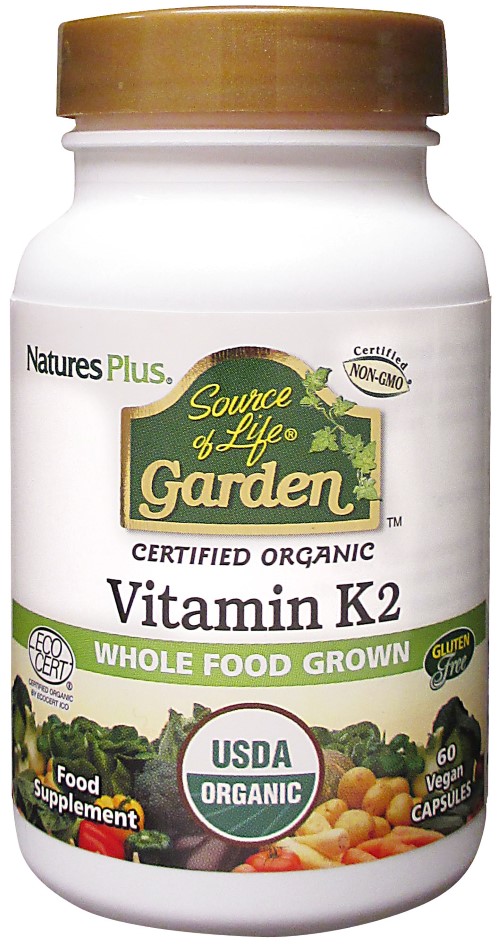
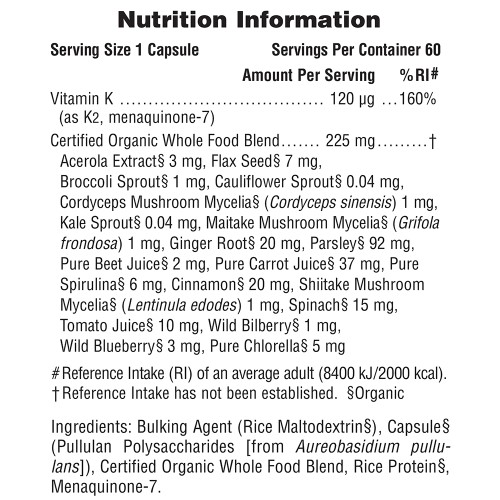
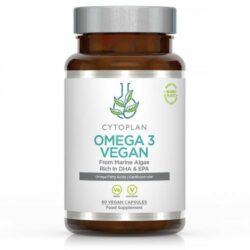
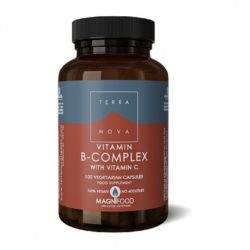
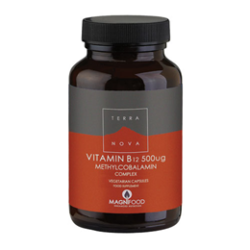
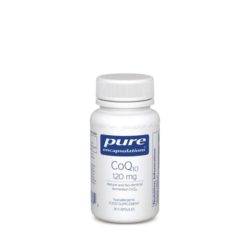
Reviews
There are no reviews yet.